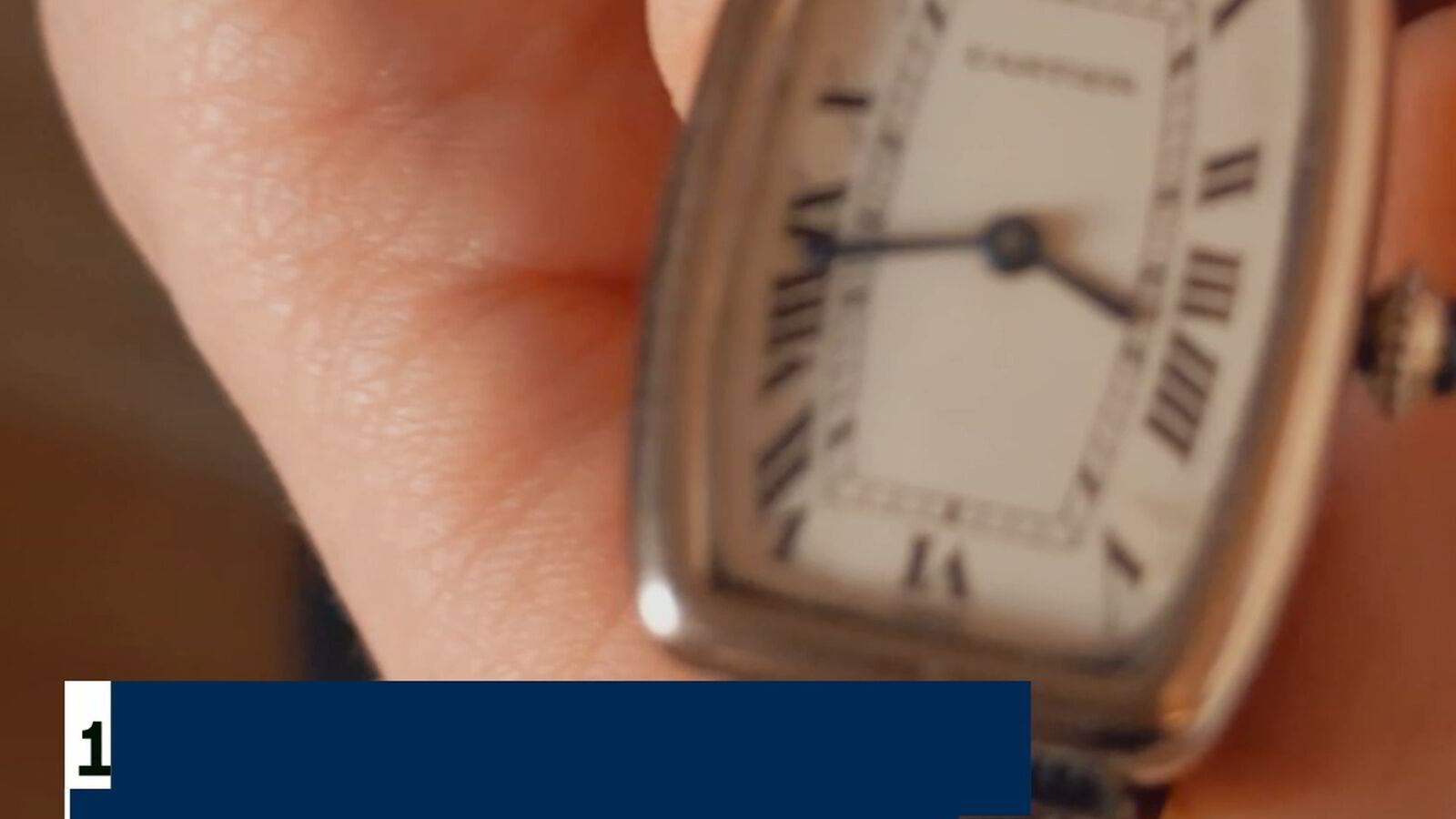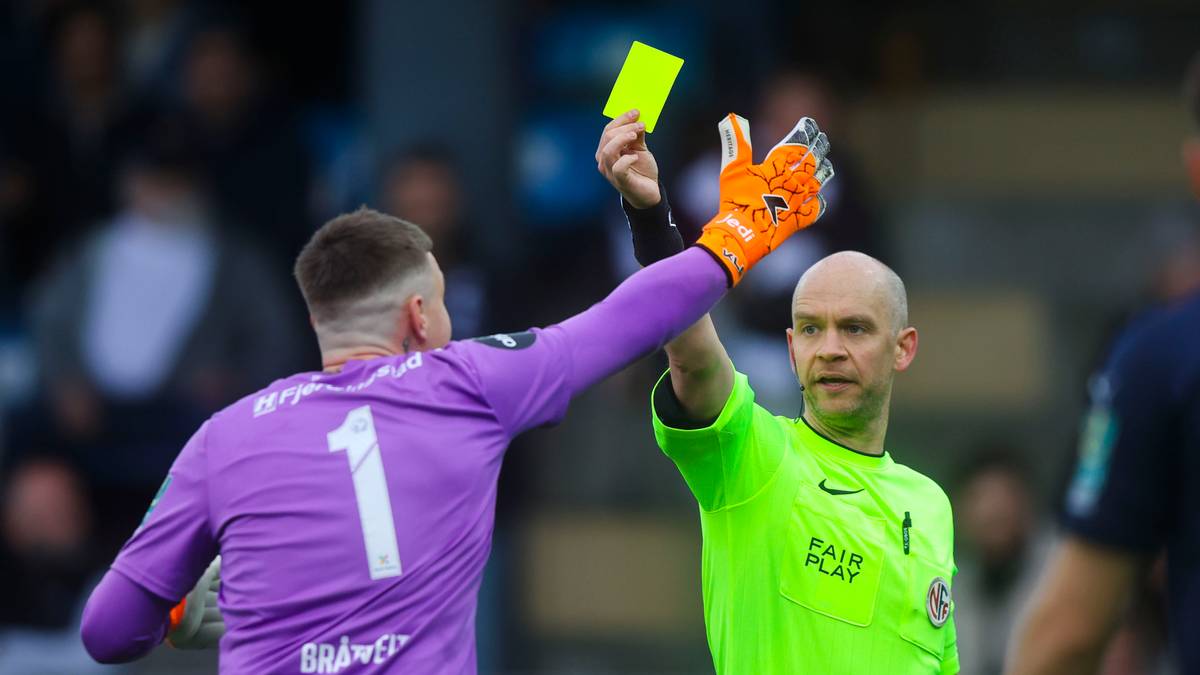A scan which forms part of a routine eye test could help predict a person's risk of having a heart attack or stroke within the next 10 years, a study has suggested.
Researchers at the University of Dundee used artificial intelligence (AI) to analyse digital retinal photographs, which are taken to capture images from the back of the eye to look for certain conditions.
The technology was able to produce personalised risk predictors in less than a second.
It is hoped the simple test could one day be offered alongside blood pressure and cholesterol checks to allow doctors to treat patients earlier.
For the study, published in the journal Cardiovascular Diabetology, researchers trialled the AI software on the eye scans of people with type 2 diabetes.
Those with the condition undergo routine eye tests to check for diabetic retinopathy, a condition where high blood sugar levels damage the blood sugar in the retina.
Dr Ify Mordi, British Heart Foundation (BHF) research fellow at the university and consultant cardiologist, said: "It may be surprising, but the eyes are a window to the heart.
"If there is damage or narrowing of the blood vessels at the back of the eye, there is a good chance that will also be seen in the blood vessels further inside the body, supplying the heart, which could lead to a heart attack or stroke."
The AI tool was instructed to initially look for warning signs on the images, such as blood vessel narrowing or blockages.
It was then permitted to look for any detail in the photographs, such as the size or arrangement of blood vessels, before being trained using 4,200 images.
The technology was able to predict the people who would go on to have "major cardiovascular events", like heart attacks or strokes, within a decade with 70% accuracy.
Dr Mordi said: "This is a one-stop scan which is routinely performed and takes less than a minute.
"It could be an important part of the package, alongside blood pressure and cholesterol checks, in identifying people who could benefit from medication or lifestyle changes."
Read more from Sky News:
'My voice box was removed after NHS missed my throat cancer'
World's biggest human imaging project reaches new milestone
Professor Bryan Williams, chief scientific and medical officer at the BHF, said cutting-edge innovations like the AI tool could "play a role in improving risk prediction".
He added: "However, more research is needed to show this prediction accuracy is robust, and to determine the feasibility of incorporating retinal scans into clinical practice."
Dr Clare Jonas, research lead at the Stroke Association, agreed that AI analyses of health data "have exciting potential for better early detection".
She added: "Advances like these could make it easier for people at risk of stroke to take the right steps to stop it from happening.
"Whilst there are still many practical questions to answer about whether, when and how AI could be used in clinical practice, we hope the government's 10 Year Health Plan will take such technological advances into account to stop more strokes from devastating people's lives."

 5 months ago
46
5 months ago
46






















 English (US)
English (US)